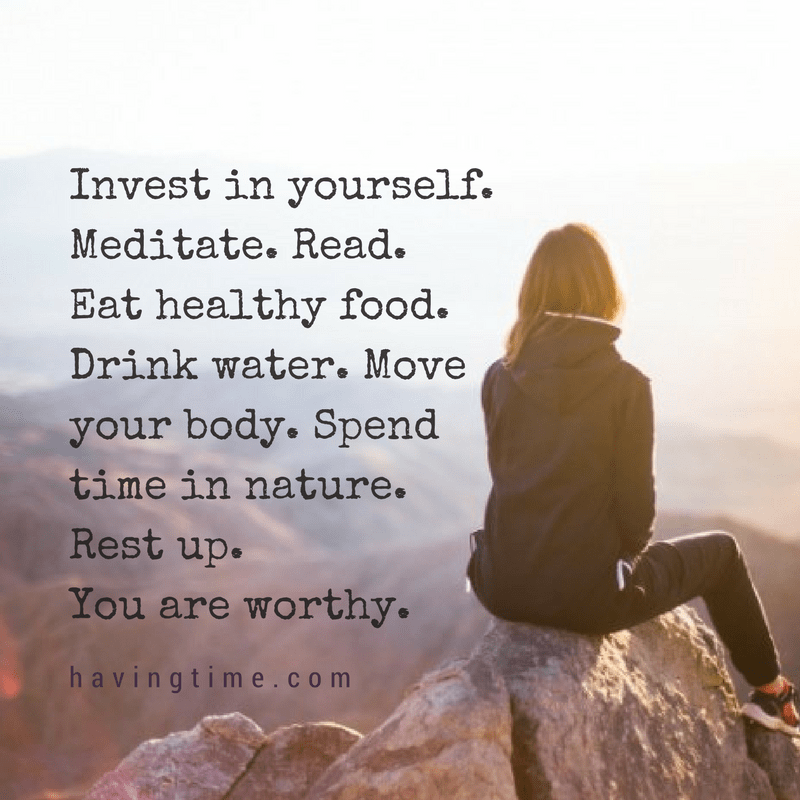Growth is an erratic forward movement: two steps forward, one step back.
Remember that and be very gentle with yourself. – Julia Cameron
As I go through Julia Cameron’s classic The Artist’s Way for the umpteenth time, something new bobs up to the surface. It is a feeling of compassion for myself, for all the years that I have lost in the wilderness, not being able to claim my real name, not being able to call myself a writer and an artist.
This is a new feeling, replacing the crushing indictions I used to bury myself under.
In all those years when I didn’t follow my dream, my sense of self-remained blurred, out of focus. I kept on grappling with feelings of unworthiness. I kept on questioning myself, trying to leap when I was scared, trying to leap when I was weak.
Years later, I have a different perspective on this struggle. As fledgling artists, it is very hard to have the self-belief to declare yourself a writer or a painter or a dancer.
How can you be sure that this is who you are? From where do you find the strength to withstand your own self-doubt as well as the doubts of all those people who tell you how unsafe it is to be yourself?
As I peel back layers from the past, I can see that my answer was hidden in the very question that I was asking: Am I an artist? Am I? Am I?
I am.
If you keep on asking this question, it is very likely that you too are an artist. It is also very likely that you will find more happiness as you claim more of yourself.
Today, as I own my identity as a writer and express it, I am rediscovering the creative energy that has always lived inside me, but that I hadn’t built a relationship with. I am unlearning old ways of being and learning new habits that help me strengthen this connection.
As you take steps to practice your own creativity, some of what I have learned might help you too.
Discover 4 Practical Tips to Being More Creative
1. Feel the Difference Between Being Empty and Being Blocked

When I started writing consistently, it felt as if everything was flowing. For the first time in my life, images rose up to the surface, fully formed. It all felt so easy.
And then abruptly, one day, all of it came to a screeching halt. I felt like I had nothing more to say. Writing felt tedious, a repetition of ideas.
Was I blocked? Actually, no. What had happened was that I had overdrawn from my “well of images” and had used up most of the ideas I had.
In The Artist’s Way, Julia Cameron tells us that art is an image-using system and over-tapping our artistic well leaves us empty. She says: “Our work dries up and we wonder why, “just when it was going so well.” The truth is that work can dry up because it is going so well.”
This means that as creative people, we need to learn how to replenish our stock of images, sounds and associations to draw from. This means spending time doing what Cameron calls “artist dates,” going out by ourselves and engaging with the world in a playful, curious way.
On an artist’s date, you might go out and take photographs, listen to music you love or browse through a special-interest store. What this solo expedition will do is feed the artist in you, the young one who likes to experiment, play and be adventurous.
The reward will be an increased artistic output. As I give myself permission to do these artist dates, I find that I have more ideas and a connection to my creativity that is within my power to nourish and strengthen.
2. Your Artist Needs Constant Encouragement
Although it sounds cliched, your artist is a really young part of you that is easily discouraged, who takes things to heart, who needs someone to hold its hands as it wanders into unfamiliar territory. As I share my work with the world, I find that this is inescapably true.
Intellectually, I know that rejection is part of the process and that it “should not” affect me. But my emotional experience of work getting rejected is one of shrinking back, of getting despondent. At these times, I need to take care of myself consciously.
This does not come naturally to me. But practicing it helps me move forward. Something simple like counting and writing down all the ways in which I have grown helps. Doing something nice for me also helps because it acknowledges the hurt and provides comfort.
3. Ideas Have Gestation Periods
If you have started practicing your creativity recently, you might struggle with the process itself. Used to linear, process-oriented work for many years (in my corporate career), I still struggle with the production mentality.
Some writing projects and ideas need time. They take shape as I research and write more, yet some part of me wants to hurry them forward, that wants the validation that comes from producing work. But the depth of creative work comes from staying with things as long as needed.
One way to engage with long-term work is to mix it up with short-term projects that have a different flavor and a different reward. As I work on a lengthy project, I have other smaller ideas I can give shape to. As a writer, you could write short stories, work on a blog and do freelance work. This varied work is an acknowledgment of both your big and small ideas as well as the acceptance that different ideas mature at different times.
4. Creativity is a Visceral Experience
Julia Cameron talks about how we don’t “think ideas up.” Instead, we “get ideas down.” An important part of creativity is engaging with the world and exposing ourselves to new patterns.
The mulch of all our experiences gives rise to new ideas organically.
A related piece of this puzzle for me has been understanding that moving into my body and out of my mind helps me be more creative. It is no wonder that many writers also do yoga.
As I have started a yoga practice, I have moved more into my body. This shift means that I identify less with the churning of my mind and my self-doubts and listen more to my instinctual self. This is also a practice that nourishes and affirms me on a very basic level, which is an integral part of the basic upkeep of a creative life.
What can be some of your ways to break your identification with your mind?
Swimming, walking, dancing are all activities that can help you move into your body and as Julia Cameron says, into your body of work.
As I commit more deeply to my creativity, I have found that I need to strengthen these habits to fuel my creative journey. Adding and building on them makes it more likely that I do creative work. Neglecting them means that I am abandoning myself and abandoning my own efforts.
Whether you are an artist or someone who is engaged in work not normally called creative, building a strong foundation of self-nourishing habits can infuse new life in your work.
What are some of the habits that you can start building today?



